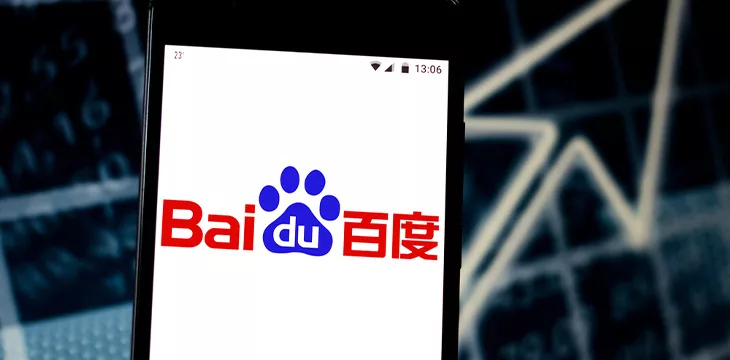|
Getting your Trinity Audio player ready...
|
Two weeks after Chinese authorities unveiled a legal framework for the artificial intelligence (AI) ecosystem, several technology firms have launched their AI-powered chatbots.
Baidu (NASDAQ: BAIDF), SenseTime (NASDAQ: SNTMF), Baichuan Intelligent Technology, and Zhipu AI are among the exclusive list to have launched their AI chatbot for retail use. The pace of the rollouts suggests that local Chinese technology firms kept their products under wraps in anticipation of establishing clear rules for the AI industry.
China’s AI rules were enacted on August 15 after months of deliberation among government agencies and key stakeholders. The 24-point rule book mandates AI developers to seek regulatory approval before launching their products to the general public and clearly label all AI-generated content.
The rules order AI firms to seek the consent of copyright holders before using the data to train their models while complying with existing privacy rules. China’s new rules warn AI firms against generating content that “subvert state power” or promote discrimination based on ethnicity or gender.
It appears that the latest AI chatbots have satisfied the regulatory requirements, with experts predicting a wave of AI-themed products.
Online search giant Baidu launched its chatbot Ernie to critical acclaim as it surged to the top of most downloaded free applications on Apple’s App Store (NASDAQ: AAPL). Baidu co-founder and CEO Robin Li announced plans for the firm to release a suite of AI-native products and collect “massive valuable real-world human feedback” from users.
“Delighted to share that within 12 hours of its public release, our ERNIE Bot (文心一言) app has claimed the No. 1 spot on the Apple Store’s free app rankings in China. 🚀✌️,” Baidu tweeted.
Delighted to share that within 12 hours of its public release, our ERNIE Bot (文心一言) app has claimed the No. 1 spot on the Apple Store's free app rankings in China. 🚀✌️#ERNIEBot #文心一言 pic.twitter.com/0inOrgLwIU
— Baidu Inc. (@Baidu_Inc) August 31, 2023
After receiving the green light from Chinese authorities, other firms are expected to launch their own AI offerings in the coming months, including Bytedance and Tencent.
Following the successful release of its two open-source models in August, it is widely expected that Alibaba (NASDAQ: BABAF) will launch an AI mobile application for commercial use in China.
Fall in line or leave
Chinese authorities have always actively regulated innovative technologies with an iron fist. After years of attempts to establish control, the government imposed a blanket ban on digital currencies, leading to the exit of miners and service providers from the country.
In the weeks following ChatGPT’s launch, the government restricted access to the chatbot for failing to meet its standards. Regulators argued that ChatGPT could be used to spread misinformation, urging social media firms in the country to prevent access to the product.
Watch: How blockchain will keep AI honest

 07-11-2025
07-11-2025 





